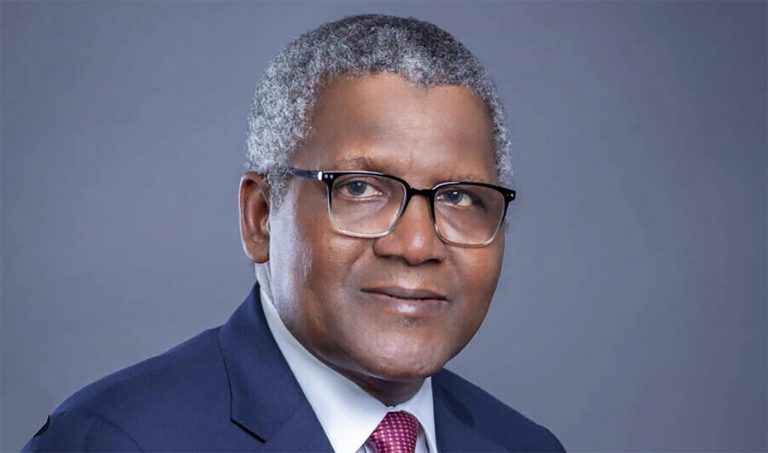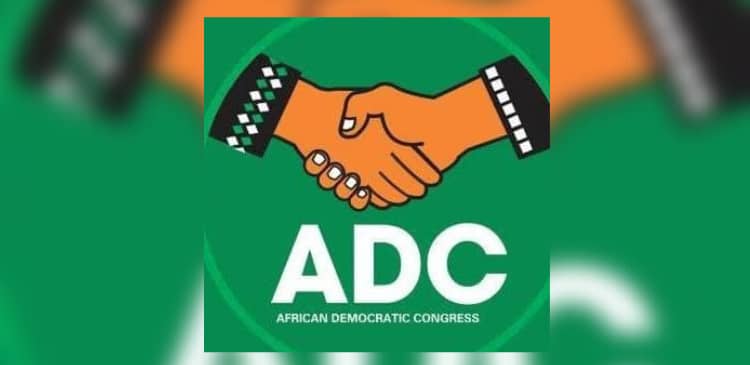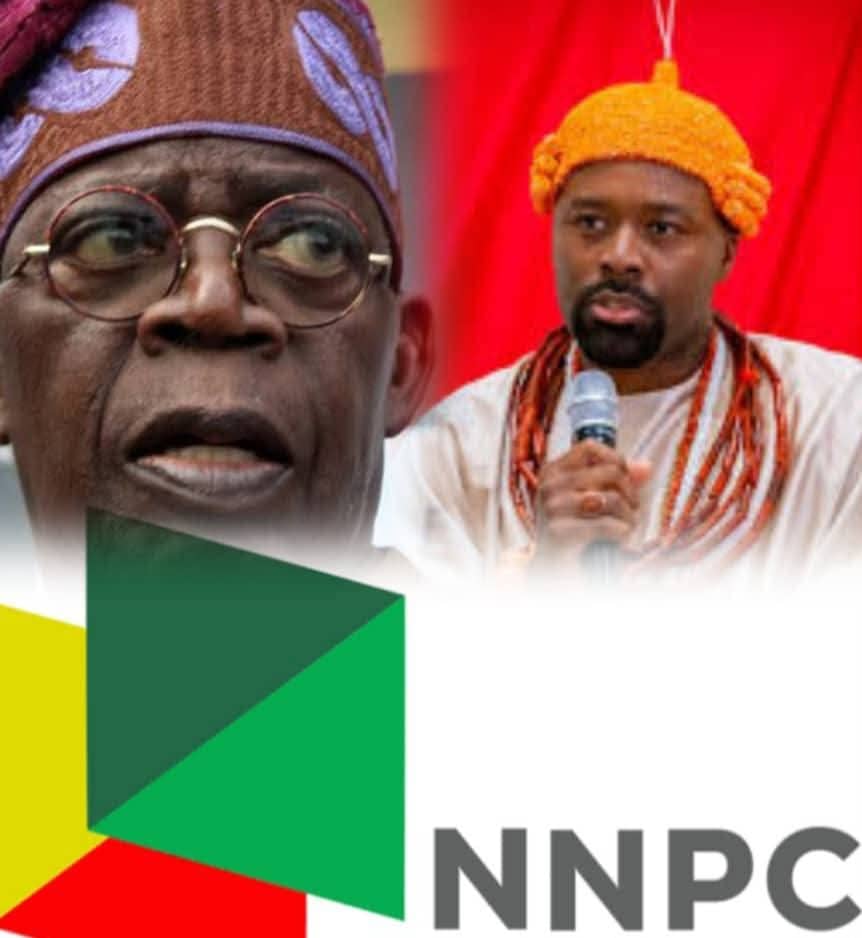Aliko Dangote, President and Chief Executive of Dangote Industries Limited, has told a gathering of global business leaders that the responsibility of developing Africa lies primarily with Africans themselves. Speaking at the London Business School’s Africa Business Club event, the Nigerian billionaire emphasized the importance of local leadership and investment in solving the continent’s most pressing challenges.
Dangote, one of Africa’s most prominent industrialists, made the remarks during a keynote address where he shared insightson economic development and self-reliance. He argued that while foreign investment and support are welcome, true transformation in Africa will only be realized through the commitment and ingenuity of Africans.
According to Dangote, the continent’s leaders and entrepreneurs must take ownership of Africa’s growth agenda. He stated that waiting for external assistance has historically delayed progress and failed to deliver sustainable results. He noted that the private sector, particularly African-owned businesses, has a critical role to play in creating jobs, fostering innovation, and addressing poverty.
The business mogul pointed to his own investments across several sectors—including manufacturing, cement production, agriculture, and oil refining—as examples of how African-led initiatives can tackle major developmental gaps. He highlighted the recently launched Dangote Refinery in Nigeria as a landmark project with the capacity to reduce the continent’s dependence on imported fuel and to serve as a catalyst for regional economic integration.
During his remarks, Dangote called on African governments to create more enabling environments for indigenous enterprises. He urged policymakers to improve infrastructure, strengthen institutions, and implement policies that support industrial growth and long-term investment. Dangote also underscored the importance of regional trade, encouraging African countries to take full advantage of the African Continental Free Trade Area (AfCFTA) agreement.
He warned that continued overreliance on imports and foreign aid would only weaken Africa’s economic foundations. Instead, he proposed a model driven by homegrown solutions, regional cooperation, and strategic investment in education, technology, and manufacturing.
Dangote’s comments were met with widespread approval from participants at the London Business School event. The institution praised him for his visionary leadership and for being a driving force behind many of Africa’s recent economic milestones.
In a statement, the Africa Business Club at LBS described Dangote as a leader who is not only creating wealth but also addressing some of the continent’s toughest challenges. The group commended his commitment to building sustainable industries and his efforts to inspire a new generation of African entrepreneurs.
Over the years, Dangote has become a symbol of African enterprise, often cited as a role model for aspiring business leaders. He has repeatedly advocated for a more self-reliant and prosperous Africa, arguing that the continent’s destiny must be shaped by those who understand its unique context and are most invested in its future.
While acknowledging the challenges that African nations face—including limited access to capital, governance issues, and infrastructure deficits—Dangote stressed that these problems are not insurmountable. He expressed confidence that with the right leadership and a shift in mindset, Africa can achieve lasting economic transformation.
The event also featured discussions on Africa’s emerging markets, innovation, and strategies for inclusive growth. Business leaders, policymakers, and students from around the world participated, sharing ideas on how to unlock the continent’s potential.
As Africa continues to attract attention from global investors, Dangote’s message serves as a reminder that internal leadership and locally driven solutions remain the most reliable path to sustainable development. His call for action underscores a growing belief among African elites that the time has come for the continent to take charge of its future.





